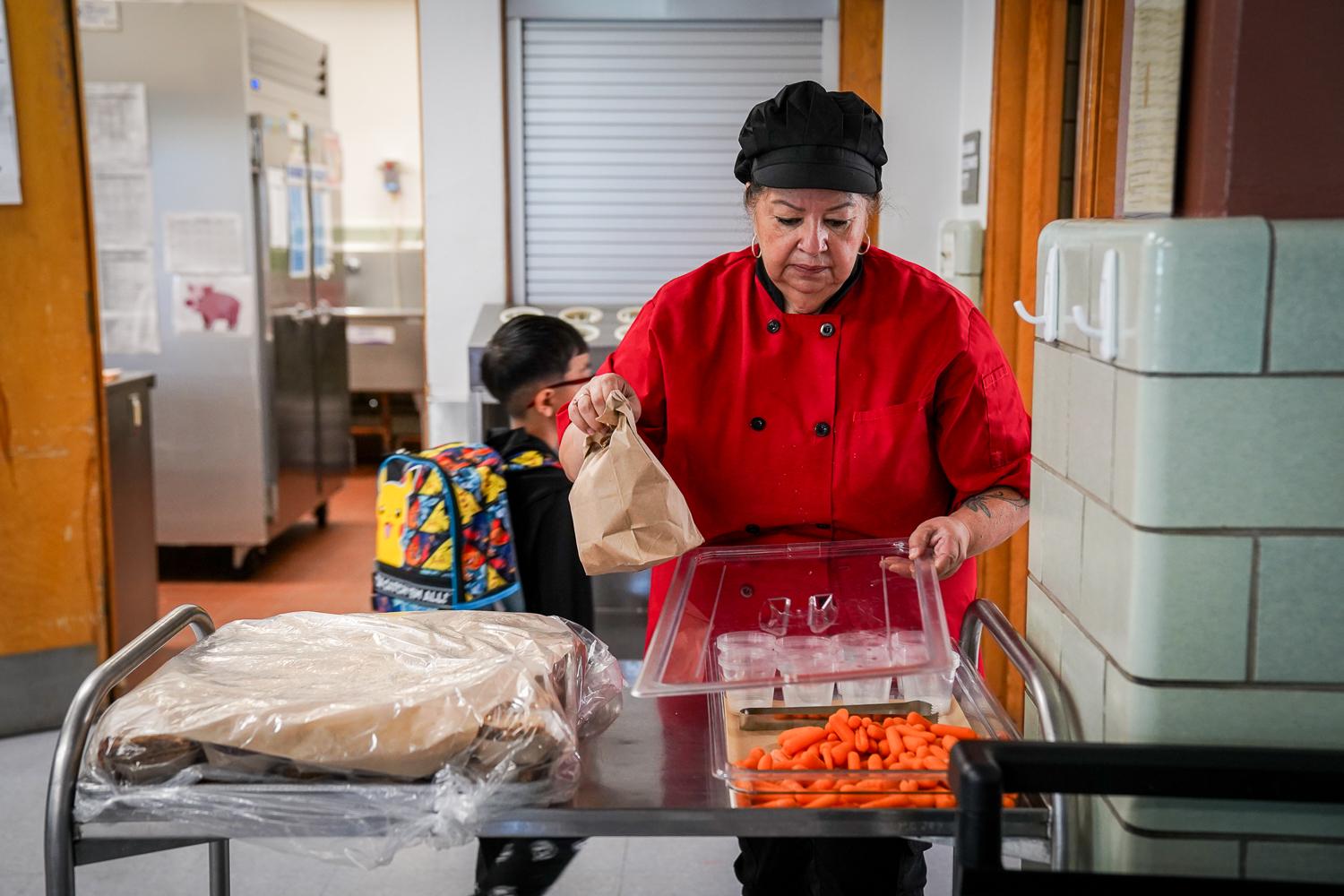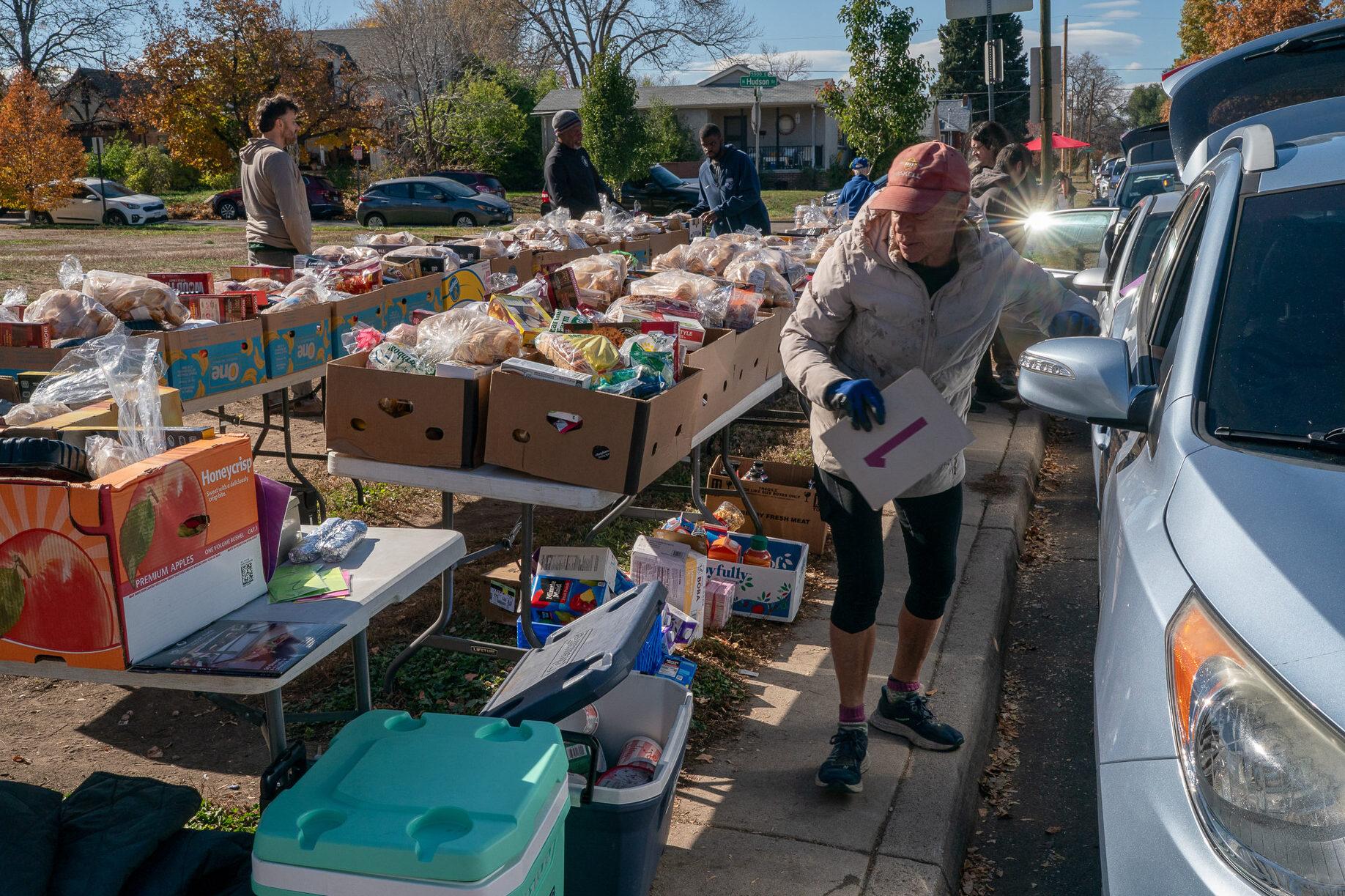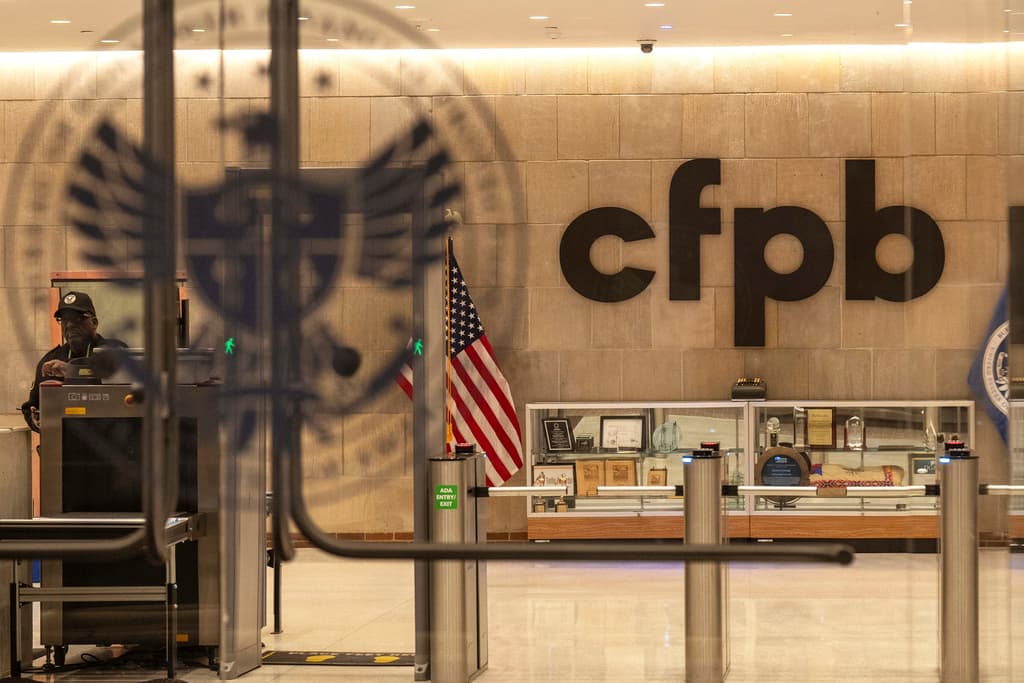
This ballot initiative asks voters to increase taxes on wealthier Coloradans to raise an additional $95 million to fully fund the Healthy School Meals for All program, which provides free breakfast and lunch to all public K-12 students in Colorado regardless of income.
A group of Colorado parents, students, teachers, and anti-hunger advocates pushed forward the original 2022 ballot measure creating the program, which passed at the ballot box by a wide margin and took effect the following school year. In addition to free meals, Healthy School Meals for All promised to fund grants for schools to purchase locally grown food and to increase wages for cafeteria workers, although those two aspects have yet to be implemented.
State figures show that 600,000 K-12 students are getting free meals now, with some school districts seeing a 30 percent increase in students eating in their cafeterias. The program has more participation than projected and that, coupled with higher food costs, mean it's not currently fully funded. Proposition MM would provide enough money to fund all three components of the program, including free meals for all school children.
Healthy School Meals For All is funded by reducing tax deductions for Coloradans who make $300,000 or more in federal adjusted gross income. Proposition MM would further limit deductions for those individuals to increase funding for the program.
If the tax brings in more money than needed for Healthy School Meals for All, any excess money would be directed to SNAP, the federal food assistance program for low income individuals.
Here’s the language you’ll see on your ballot:
SHALL STATE TAXES BE INCREASED BY $95 MILLION ANNUALLY BY A CHANGE TO THE COLORADO REVISED STATUTES TO SUPPORT ACCESS TO HEALTHY FOOD FOR COLORADO KIDS AND FAMILIES, INCLUDING THE HEALTHY SCHOOL MEALS FOR ALL PROGRAM, AND, IN CONNECTION THEREWITH, INCREASING STATE TAXABLE INCOME ONLY FOR INDIVIDUALS WHO HAVE A FEDERAL TAXABLE INCOME OF $300,000 OR MORE BY LIMITING ITEMIZED OR STANDARD STATE INCOME TAX DEDUCTIONS TO $1,000 FOR SINGLE TAX RETURN FILERS AND $2,000 FOR JOINT TAX RETURN FILERS FOR THE PURPOSES OF FULLY FUNDING THE HEALTHY SCHOOL MEALS FOR ALL PROGRAM TO CONTINUE PAYING FOR PUBLIC SCHOOLS TO OFFER FREE BREAKFAST AND LUNCH TO ALL PUBLIC SCHOOL STUDENTS WHILE ALSO INCREASING WAGES FOR EMPLOYEES WHO PREPARE AND SERVE SCHOOL MEALS, HELPING SCHOOLS USE BASIC, NUTRITIOUS INGREDIENTS, INSTEAD OF PROCESSED PRODUCTS, AND ENSURING THAT COLORADO GROWN AND RAISED PRODUCTS ARE PART OF SCHOOL MEALS; SUPPORTING THE SUPPLEMENTAL NUTRITION ASSISTANCE PROGRAM (SNAP) THAT HELPS LOW-INCOME COLORADO FAMILIES AFFORD GROCERIES; AND ALLOWING THE STATE TO RETAIN AND SPEND AS A VOTER-APPROVED REVENUE CHANGE ALL ADDITIONAL TAX REVENUE GENERATED BY THESE TAX DEDUCTION CHANGES?
How would Proposition MM work?
Wealthier Coloradans would pay an average of $486 more each year in taxes by further reducing their maximum state income tax deductions. State analysts estimate 200,000 households, or about 6 percent of Colorado households, would pay the increased tax.
If Propositions MM and LL are approved by Colorado voters, the money they raise will also be used to help schools buy some of their food from local farmers.
During this summer’s special legislative session, Democratic state lawmakers amended the language of Proposition MM to expand how the money raised by Healthy School Meals for All can be used. If the state brings in enough to fully fund the school meals program, money left over could be used to pick up some of the costs of the Supplemental Nutrition Assistance Program, often known as food stamps.
Democratic state lawmakers added support for SNAP after Congressional Republicans passed their tax-cuts-and-spending bill earlier in the summer. The federal policy change shifts a portion of the cost of the SNAP program to the states. State analysts estimate Prop. MM could eventually provide around $70 million a year to help cover that new expense.
Who’s for Proposition MM?
The coalition of educators, anti-hunger advocates and other supporters who spearheaded the universal school meals effort three years ago say it’s been a resounding success, hampered only by a lack of full funding.
“It has reduced the stigma associated with free and reduced lunch, helped Colorado kids succeed, and allowed families to breathe a little easier with less strain on their budgets,” said Sen. Katie Wallace, a Democrat from Longmont. “This law empowers Colorado voters to decide on the future of this beneficial program.”
Based on current meal prices, families who use Healthy School Meals for All stand to save more than $1,250 per child each year, according to Hunger Free Colorado.
If Propositions LL and MM don’t pass, the state will have to impose cost-cutting measures. That would likely mean restricting universal free lunch and breakfast just to schools that have a high percentage of low income families. Advocates warn that would leave out many children whose families don’t meet that income threshold but still struggle to cover the cost of their meals.
Who’s against Proposition MM?
There is no organized opposition to Prop MM, which was referred to the ballot by the legislature, but Republicans in the statehouse overwhelmingly voted against both it and Proposition LL.
Conservatives have long been skeptical of increasing taxes in order to expand state services. Critics of Healthy School Meals for All also point to the fact that requires taxpayers to cover the cost of meals for students whose families can afford to pay for them
- What to know about Colorado’s free school meals program
- Teachers, farmers, advocates urge Colorado voters to approve new funding for school meals and food stamps
- Ballot measures funding ‘Healthy School Meals for All’ will head to voters in November
- Colorado’s free school meal program feeding more students than expected, creating a big gap in funding
- From 2022: Proposition FF: Healthy meals for all public school students, explained








